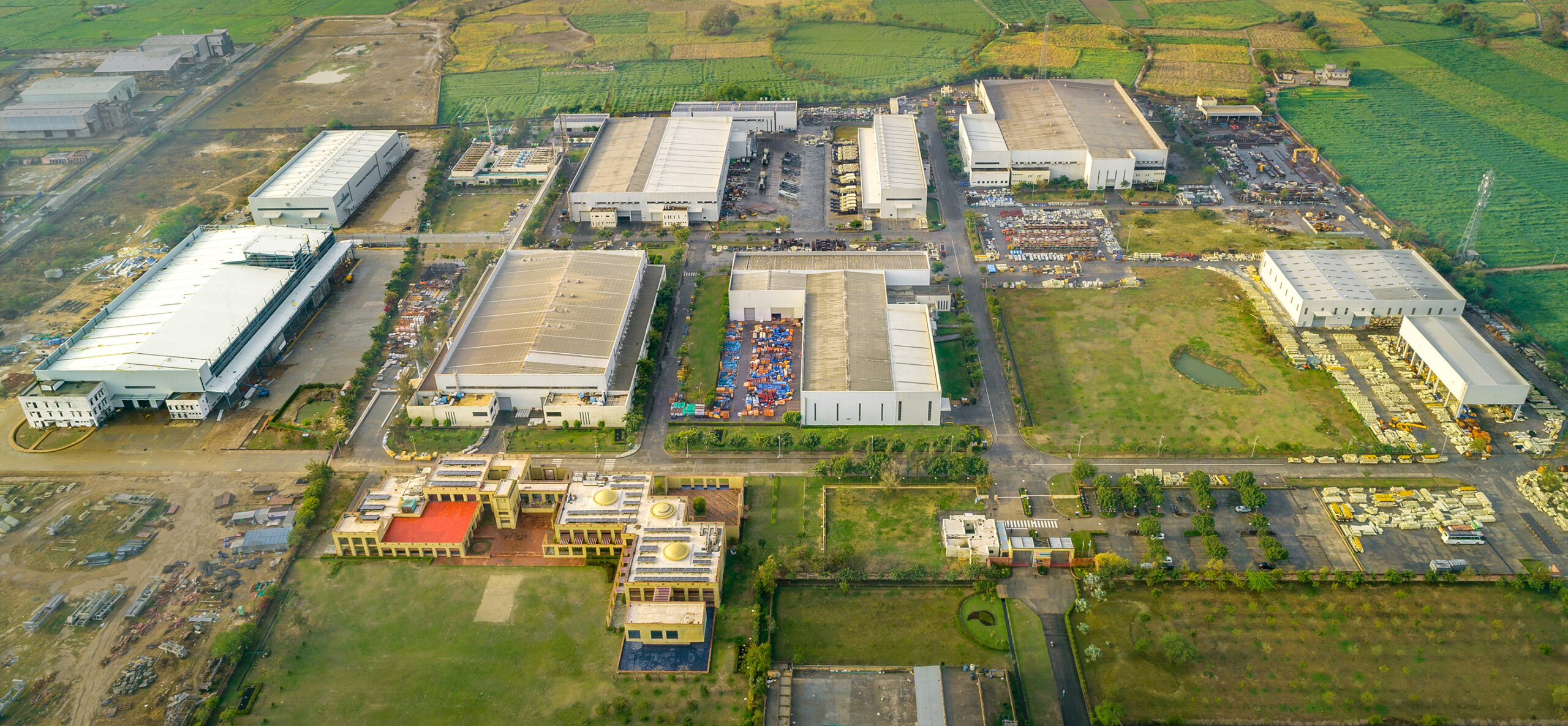
A Guide to Designing Flexible and Scalable Industrial Plant Designs
In the constantly changing landscape of industrial plants, the key to long-term success lies in designing for flexibility and scalability. Gone are the days of rigid, one-size-fits-all industrial setups. Today’s industrial plants must adapt to changing demands, technological advancements, and market shifts.
This article explores the crucial strategies for designing industrial plants that not only meet current requirements but also have the ability to scale seamlessly for future needs.
Understanding the Need for Flexibility and Scalability
Industrial plants operate in a dynamic environment where factors such as production volume, product diversity, and technology are in constant flux. Designing for flexibility means creating layouts and processes that can be easily reconfigured to accommodate changes without significant downtime.
On the other hand, scalability refers to the plant’s capacity to handle increased demands without major overhauls.
The Role of Modular Design
Embracing modular design principles is fundamental to achieving flexibility and scalability. By dividing the plant into functional modules, each responsible for specific processes, manufacturers gain the ability to make adjustments without disrupting the entire operation.
Need to integrate a new production line? Simply add a new module. This approach minimizes disruption and optimizes productivity.
Flexible Floor Plans and Agile Workspaces
Gone are the days when a fixed floor plan sufficed for years. Today, an agile floor plan that can be easily reconfigured is essential. This involves utilizing flexible workspaces that can adapt to different processes. Incorporating technologies like movable partitions, adjustable shelving, and modular workstations allows for quick adjustments as needs change.
Smart Factory and Digitalization
The advent of Industry 4.0 brings forth a new era of smart factories and digitalization. Implementing sensors, Internet of Things (IoT) devices, and data analytics empowers plant managers with real-time insights. This data-driven approach not only enhances decision-making but also enables predictive maintenance, reducing downtime and optimizing efficiency.
Scalable Infrastructure
Scalability isn’t just about processes; it extends to infrastructure as well. Building a robust foundation that can accommodate expansions is crucial. This includes factors like electrical systems with excess capacity, future-proofing for new equipment, and setting up a scalable IT infrastructure to handle increased data flow from connected devices.
Adaptable Machinery and Equipment
Investing in adaptable machinery is a strategic move. Opt for equipment that can handle a range of tasks rather than single-purpose machines. This reduces the need for frequent replacements and allows the plant to pivot quickly when new products or processes are introduced.
Cross-Functional Training and Workforce
Flexibility and scalability require a skilled and adaptable workforce. Cross-functional training ensures that employees can seamlessly transition between different tasks and modules. This not only improves operational efficiency but also empowers employees to contribute ideas for process improvements.
Sustainability and Green Design
In the modern industrial landscape, sustainability is a key consideration. Integrating green design principles not only aligns with environmental goals but can also lead to cost savings. Implementing energy-efficient systems, waste reduction strategies, and utilizing renewable resources are all essential components of a flexible and scalable plant.
Adopting a Continuous Improvement Mindset
Designing for flexibility and scalability is an ongoing process. Embracing a continuous improvement mindset ensures that the plant remains agile and can adapt to new challenges as they arise. Regularly reviewing processes, gathering feedback from employees, and staying updated on industry trends all contribute to staying ahead in the game.
Conclusion
In the dynamic world of industrial plants, designing for flexibility and scalability is a non-negotiable factor for long-term success. Manufacturers can create plants that are not only efficient but also future-proof by embracing all the above mentioned things and a continuous improvement culture.
As the industrial landscape continues to evolve, those who prioritize flexibility and scalability will undoubtedly emerge as leaders. So, take the leap, invest in the future, and design industrial plants that can weather any storm.
Ready to Transform Your Plant? Contact us at VMS for a Consultation on Next-Gen Industrial Solutions. Let’s Build the Future Together!






